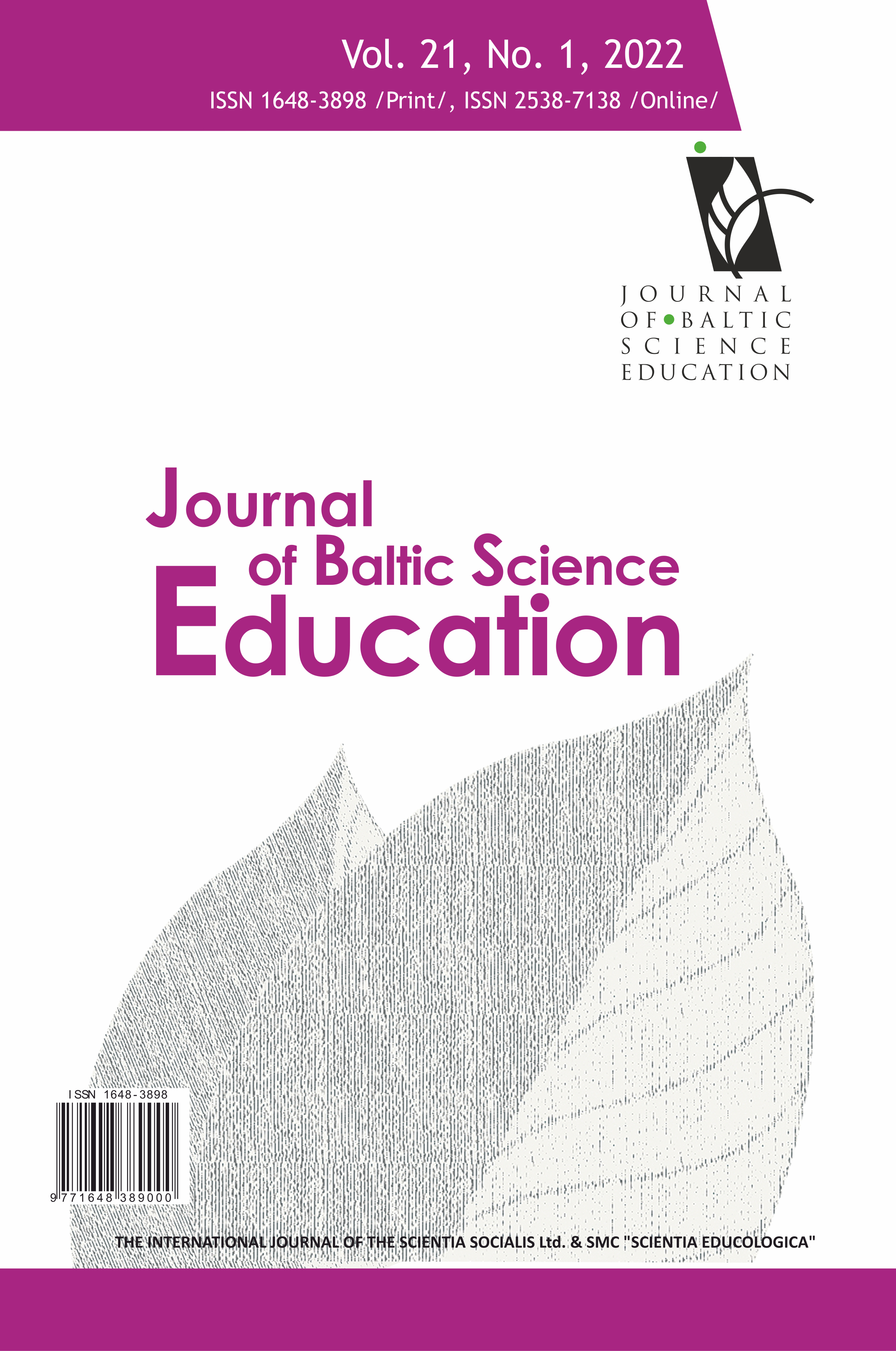PREDICTING KEY FACTORS AFFECTING SECONDARY SCHOOL STUDENTS’ COMPUTATIONAL THINKING SKILLS UNDER THE SMART CLASSROOM ENVIRONMENT: EVIDENCE FROM THE SCIENCE COURSE
PREDICTING KEY FACTORS AFFECTING SECONDARY SCHOOL STUDENTS’ COMPUTATIONAL THINKING SKILLS UNDER THE SMART CLASSROOM ENVIRONMENT: EVIDENCE FROM THE SCIENCE COURSE
Author(s): Danxia Xing, Chun LuSubject(s): Education, School education, ICT Information and Communications Technologies, Pedagogy
Published by: Scientia Socialis, UAB
Keywords: computational thinking skills; Internet attitude; Internet self-efficacy; Internet use; smart classroom; secondary school students;
Summary/Abstract: The main purpose of this research was to explore the key factors influencing secondary school students’ computational thinking skills within the smart classroom environment. Data were collected from 420 students in 4 secondary schools in B city, China. The optimal fitting results of the structural equation model showed that internet attitudes, internet self-efficacy, and internet use are the key factors directly related to students’ computational thinking skills. Furthermore, there are indirect effects between students’ attitudes towards the internet and computational thinking skills through internet self-efficacy and internet use as mediators. These internet-related characteristics were confirmed to be significantly associated and simultaneously affected their computational thinking skills. After reviewing and reflecting on the research conclusions, this study proposed several measures to improve secondary school students’ computational thinking skills while taking into account the complicated interplay of internet psychology and behavior characteristics.
Journal: Journal of Baltic Science Education
- Issue Year: 21/2022
- Issue No: 1
- Page Range: 156-170
- Page Count: 15
- Language: English

